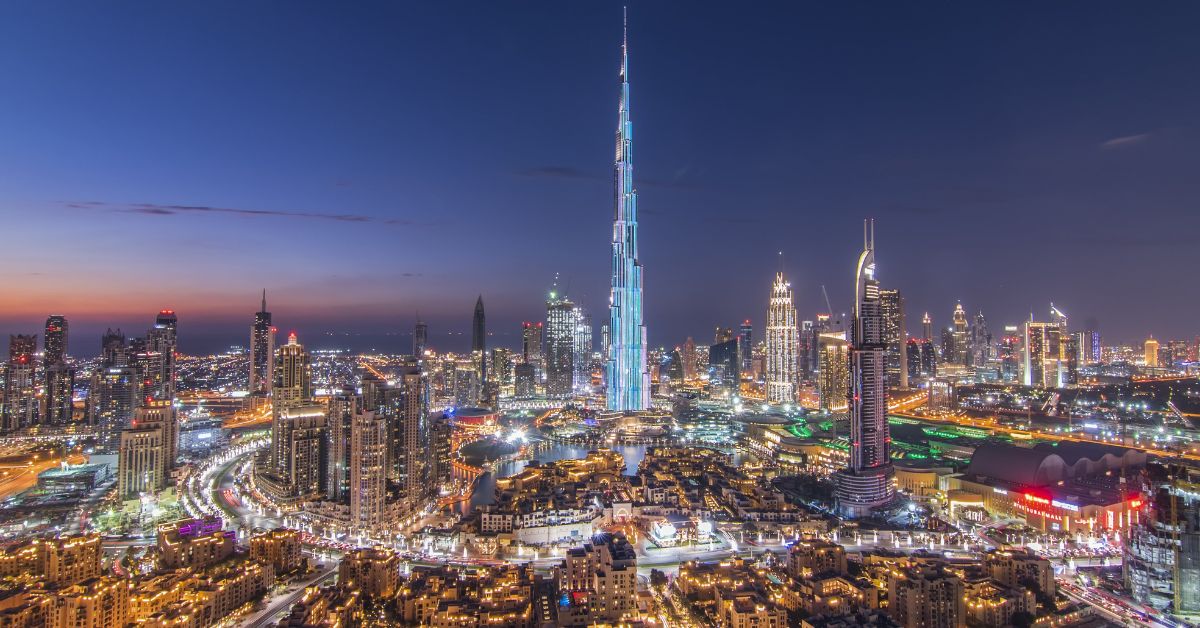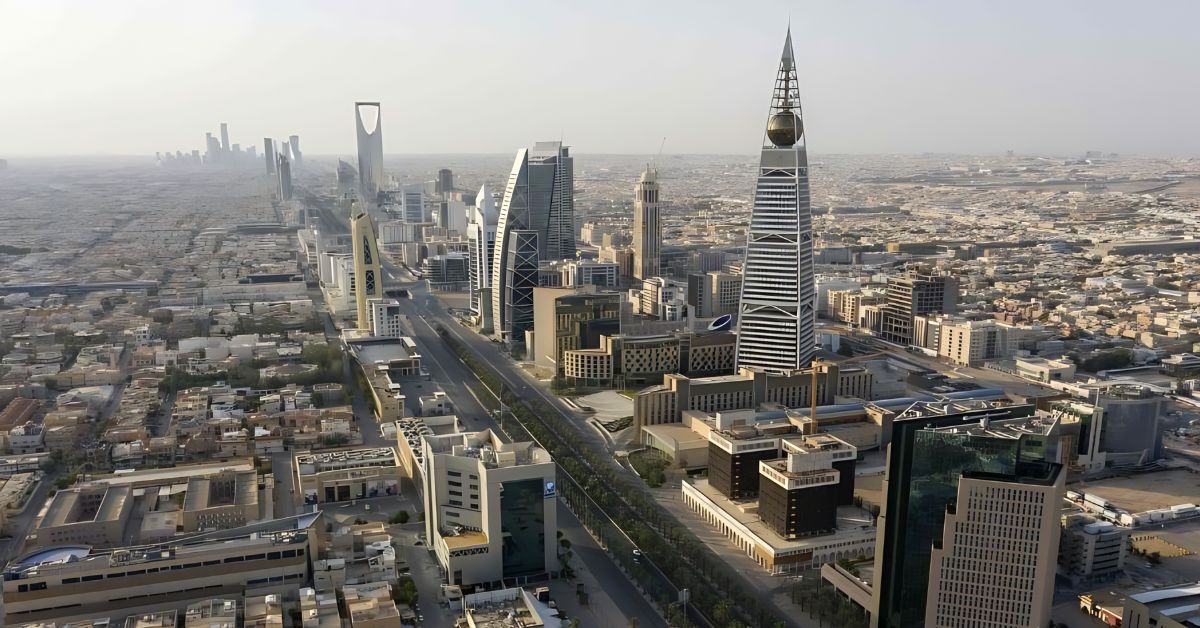DUBAI, UAE — With its booming economies and ambitious urbanization projects, the GCC has long been a focal point for real estate development, and 2023 was no exception.
Despite global economic uncertainties, GCC countries exhibited resilience in their real estate markets. Governments implemented strategic measures to diversify their economies, reducing dependency on oil revenues. This economic diversification contributed to a stable real estate environment, attracting both local and international investors.
Sustainability and innovation
Sustainable development remained central in the GCC’s real estate sector. Governments continued prioritizing environmentally conscious projects, incorporating green building practices and renewable energy solutions, appealing to eco-conscious investors.
Simultaneously, the GCC advanced as a hub for smart cities. Technological integration in real estate gained momentum, with innovations enhancing urban experiences. Smart homes, automated security, and efficient energy management became integral to new developments.
Challenges and opportunities
Despite positive trends, the real estate sector faced challenges such as economic uncertainties, geopolitical tensions, and oil price fluctuations. Regulatory changes and market dynamics required strategic adaptability from industry players.
Governments played a pivotal role in supporting the sector through stimulus packages, infrastructure investments, and regulatory reforms, aiming to attract foreign investment, enhance transparency, and streamline approval processes.
Furthermore, in 2023, foreign investors found ample opportunities in the GCC’s real estate market. The region’s commitment to economic diversification and sustainable development made it an attractive destination for international capital. Strategic partnerships between local and international entities led to the launch of mega projects with significant ROI potential.
UAE leads GCC real estate surge in 2023
A report by Kamco Invest showed that real estate sale transactions in the GCC soared to US$ 171.6 billion, a 21.1 percent increase year-on-year. Dubai was pivotal in this surge, accounting for over half of the region’s transactions.
Dubai emerged as a real estate powerhouse, with a 57 percent increase in transactions from January to October 2023. This surge, contributing significantly to the UAE’s total transacted value, offset declines in other key GCC markets like Saudi Arabia, Qatar, and Kuwait.
The GCC real estate market stabilized with 495,872 deals during this period, with Dubai and Abu Dhabi seeing substantial increases despite regional challenges.
The average value per transaction in GCC real estate experienced a 22.1 percent year-on-year increase, indicating strong investor interest even amid higher developer prices. Particularly, Abu Dhabi registered a 56 percent growth in transactions in the first nine months of 2023, reflecting the UAE’s buoyant market.

The third quarter of 2023 saw robust growth in residential real estate prices across key GCC markets. Dubai experienced an 18.4 percent year-on-year price increase by November, driven by high demand for single-family homes and luxury villas amid limited new supply. Villa prices rose by 23.3 percent, while apartment prices increased by 14.1 percent.
Off-plan transactions in Dubai continued their upward trend, surging 40 percent in the first eleven months of 2023 compared to the full-year 2022 estimates. In October alone, the off-plan market reached 6,539 transactions worth US$ 3.8 billion (AED 13.8 billion), marking a year-on-year increase of 42.93 percent in volume and 24.47 percent in value. This robust demand for off-plan properties indicates sustained investor confidence in Dubai’s real estate market.
Risks and future outlook
While the GCC real estate sector showed resilience, the Kamco report cautions about 2024, noting potential sensitivities in real estate supply to market-wide headwinds. However, it also highlights that well-positioned developers with strong liquidity could navigate these challenges by introducing the right product types.
Despite Dubai’s anticipated resilience, global economic factors such as rising interest rates, inflation, and the devaluation of emerging currencies could pose challenges to the emirate’s demand for residential real estate.








